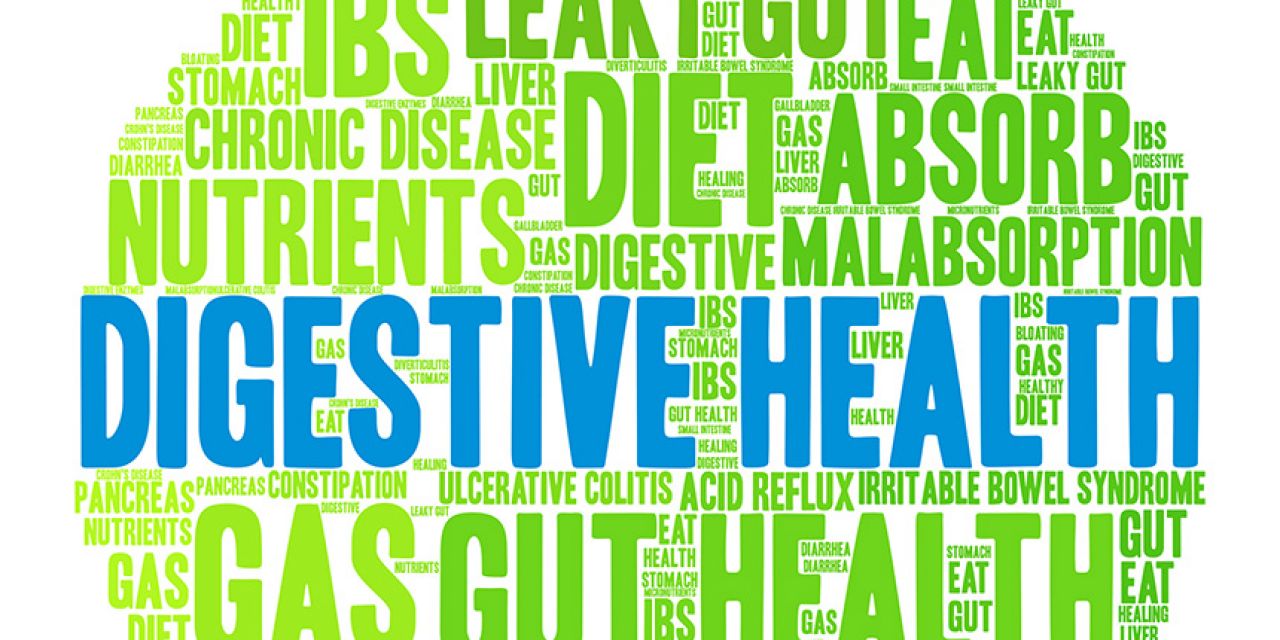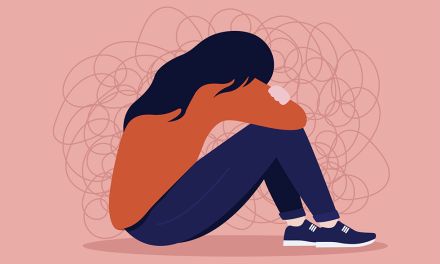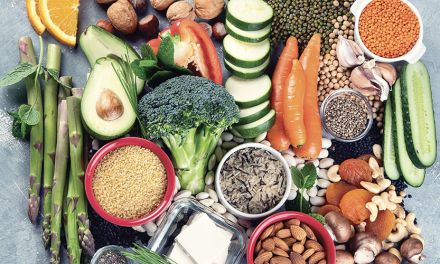Dr. shelby worts, nd shelbyworts.com
Digestive complaints are a common reason why people consult with a naturopathic doctor (ND). Whether it’s something simple like bloating after eating, more bothersome like heartburn, or even a case of inflammatory bowel disease (IBD) like Crohn’s or colitis, your ND can help prevent recurrence and treat acute flare-ups.
In many cases though, the basics are essential. While most people look for a trigger to their symptoms in what they ate, it can often be equally important to know how and when they ate.
Did you know your digestion is governed by your parasympathetic nervous system? Simply put, you have sympathetic (‘fight or flight’) and parasympathetic (‘rest & digest’) branches of your autonomic nervous system. For better digestion you need to be in a state of rest-&-digest, when your gut can actually focus on the task at hand. When you are in fight-or-flight mode your blood and nerve activity is focused mostly on your ability to deal with a threat. In this state your body is not paying attention to your digestive tract. What do you think your body will do with food in this state? Nothing productive, but it may lead to bloating, cramping, heartburn or general stomach upset. Regardless of what your digestive issue may be, knowing this is essential.
Support your parasympathetic nervous system (‘rest & digest’) with the following:
- Take a few seconds to express gratitude for your food at the onset of your meal – this will bring you more into the present moment
- Avoid loud, stressful environments at mealtime
- Sit at a table, undistracted by TV, work, phone, etc.
- Chew well—each mouthful should be broken down to paste before you swallow
- Avoid eating at your desk, or during emotional conversations, or on-the-go
- If you are feeling stressed or anxious before eating, take 3 long breaths in through your nose, deep down into your belly
Other helpful tips may include:
- Take a daily probiotic supplement – good bacteria to support healthy digestion
- Consume minimal beverages while eating – these dilute your digestive process
- Minimize refined carbohydrates & sugars – these will feed gas-producing yeast in your gut
- Eat fruit on an empty stomach, or with greens only – fruit will ferment while waiting for other food to get through your stomach,
if combined
- Include fermented foods (Eg. raw sauerkraut) in your daily diet – nutrients and probiotics for a healthy gut
- Eat every 4-6 hours or consider intermittent fasting – give your digestion a break from working constantly throughout the day
- Finish eating 3 hours prior to bedtime – adequate time for your stomach to empty
Chronic digestive issues? Speak with your ND about additional interventions like intravenous (IV) therapy to settle an inflammatory flare-up (cases of IBD or diverticulitis), food sensitivity testing, how to follow an anti-inflammatory diet, and most importantly finding the cause of your digestive complaints.
Don’t let your gut discomfort impact your quality of life any longer, invest some time into feeling better. |E|
*These are general suggestions and should not be interpreted as medical advice. Discuss this with your qualified healthcare practitioner, especially if you are pregnant, taking medications or dealing with a chronic disease











